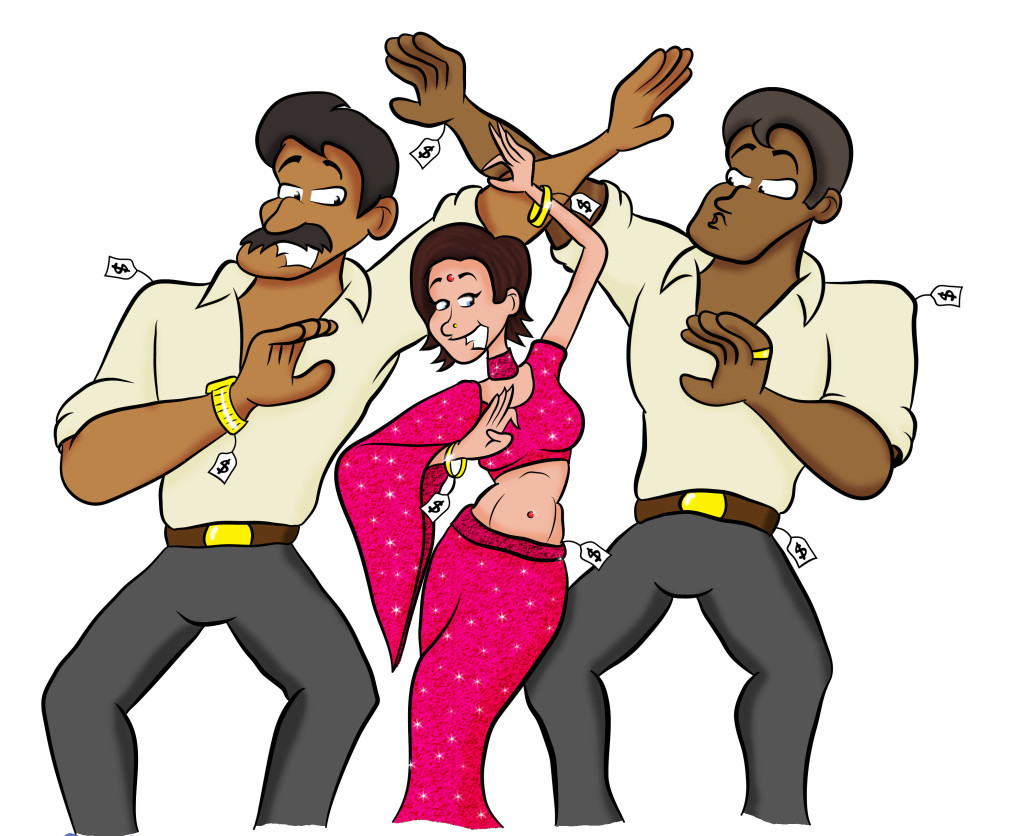
Give accessibility a chance
By Jerrison Oracion, Senior Columnist
5/5
Handicapped people were undermined and invisible to a lot of people as well as put in institutions that had the conditions of a concentration camp.
I was originally going to do an analysis of Judas and the Black Messiah (which I could have watched on HBO Max if it was available in Canada). But the film and other Oscar nominated films that were recently released both in theatres and digital still had premium pricing… even for just renting them. Maybe they will be fully available to rent a few days before the Academy Awards happen?
At least Nomadland will be available on Disney+ on April 9. Instead, I watched one of the films that are nominated this year and available on Netflix which is the follow-up to the Academy Award winning documentary American Factory produced by Barack and Michelle Obama. The 1960s had a lot of important movements that set the framework of society.
These movements began in small places and the fight for accessibility rights began in a camp in New York called Camp Jened. Jim LeBrecht was living in a world where handicapped people were undermined and invisible to a lot of people as well as put in institutions that had the conditions of a concentration camp. When he finds out about a camp close to Woodstock which is managed by hippies, Crip Camp begins.
His experience in Camp Jened was like the typical camp experience with the summer of love. He made a lot of new friends and had conversations about their experiences outside of camp which they used to express their opinions on integrating handicapped people into society beginning with Disabled in Action. The campers were able to have their own freedom, have fun, and get support from camp counselors—few of which are also handicapped.
The protest tactics of Disabled in Action included causing traffic in New York City which led to President Richard Nixon to sign Bill 504 which allows public buildings to be accessible which he was initially not going to sign because of the costs to implement accessible infrastructure in public spaces. The Camp Jened gang had another challenge to tell the US government to enforce it by occupying a government building for a month until the politicians would give in to their demands. It was peaceful and they even got help from other protest groups including hospitality from the Black Panthers.
They finally got their rights when a report by San Francisco reporter and friend Evan White on their movement was aired nationally on ABC, thus the bill was signed and enforced. Now, Jim has a successful career being the recording engineer for The Grateful Dead and the barriers that he had are no longer a problem. A major local story being aired nationally is powerful and can lead to a conversation and action on issues.
Everyone has an opportunity to work and if workplaces are adjusted to meet their needs, they can thrive. The campers were great too and they were lucky that they did not go through what most handicapped people went through at that time. Another journalist who covered the camp gang, HolLynn D’Lil, felt what they had to go through after being confined to a wheelchair from an accident.
There were a lot of sex jokes throughout the documentary including when Denise Jacobson talked about having her gonorrhea mistaken for appendicitis and her soon to be husband, Neil, getting a handjob. Both had successful careers in literacy and business respectively and they got equal rights when the American Disabilities Act was signed by George H.W. Bush in 1990. The peaceful and energetic attitudes in Camp Jened led to a better life for handicapped people.


